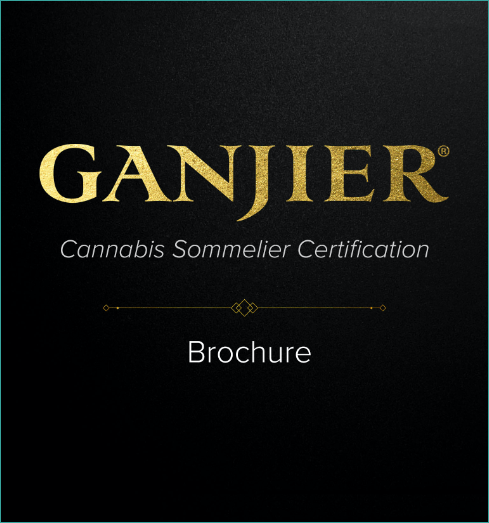Josh Wurzer is the President and Co-Founder of SC Labs. SC Labs was responsible for developing the cannabis industry’s first testing standards – now widely adopted by the cannabis community.
Josh manages the company’s regulatory compliance, R&D and intellectual property. He is a chemist with a background in synthetic and analytical chemistry, and his experience in the pharmaceutical and electronic materials industries have led him to author several cannabis-related patent applications.
Josh Wurzer Teaches Understanding the Science of Cannabis
In Understanding the Science of Cannabis, Josh Wurzer explains how the chemistry of a plant relates to quality. One of the things that distinguishes lab results from other markers for quality is that they are reliant upon machines instead of our senses – sight, smell, taste, or touch. Lab results are intended to give a different picture of quality.
They can let you know how complex the terpene and cannabinoid profile is in a flower. They can let you know if there are things that shouldn’t be there like pests, mold, or pesticides, and the data compiled from tests can even be used to map out genetics. In this course, Josh explains what a scientific posture and dialed-in lab can do for creating a standard of quality.
Excited to take this exclusive online course? Sign up for the Ganjier interest list to be notified first when it goes live.
A Conversation with Josh Wurzer
Why did you join the Ganjier Council? Why do you think the Ganjier is important?
I feel like cannabis needs some sort of unified quality standards. It is long overdue. I feel like the Ganjier Council has succeeded in developing a great first draft in, what will be, an ongoing process.
In regards to what you specifically covered in the Ganjier curriculum, why do you think this knowledge is important for the Ganjier and the health of the cannabis industry?
A lot of what I contributed was my knowledge of analytical testing and quality control, especially with regard to terpenes. Assessing the quality of cannabis is a balance between a quantitative, science-based, characterization and the qualitative, sensory-based, experience. Both contribute different information and both are important to the overall assessment. At the laboratory, we spend a lot of time thinking about measuring different quantitative variables that determine quality like the cannabinoid and terpene content and the presence or absence of contaminants. However, sometimes the qualitative and quantitative intersect, as is the case with terpenes. Terpenes are the best quantitative indicator of the perceived quality of cannabis. When I’m assessing the quality of a cannabis sample, the first place I’m looking is at the terpene report.
Why do you feel it’s important for people to understand how to assess the true quality of cannabis flower and concentrates? What benefits does this provide to the industry?
Cannabis is such a complex and powerful medicine that I feel like it is our duty to treat it with the respect it deserves, which includes learning to properly appreciate it’s complexity. If you are a purveyor of cannabis, I think it is your duty to properly educate your customers or patients.
To you, what are some of the most important nuances and elements of truly high-quality cannabis?
For me, with herbal cannabis, it’s all about how the flower was treated post harvest. The quality of the aroma, the flavor, even the feeling of the bud in your hand are all primarily dictated by the drying, trimming, and curing process. I’ll take a bland variety of cannabis that was expertly processed over a fire cut that poorly handled every time.
Why do you think it’s important to establish a common standardized language in the cannabis industry? Any specific examples that stand out to you most?
Until you have a common language for describing these qualitative attributes, its not possible to establish a common set of criteria to characterize that quality.
How do you think The Systematic Assessment Tool (SAP) will have an impact on the cannabis industry? Are there any parts of The SAP you find most valuable or beneficial?
I think it’s on the industry to decide that. I really hope people take a look. I’m sure over time this set of standards will evolve and improve, but I really think this is a great start.
Enrollment for the first certified Ganjier class will open in Winter 2020. Capacity is limited. Join the interest list if you want to be among the first Ganjiers to transform the cannabis industry as we know it.


